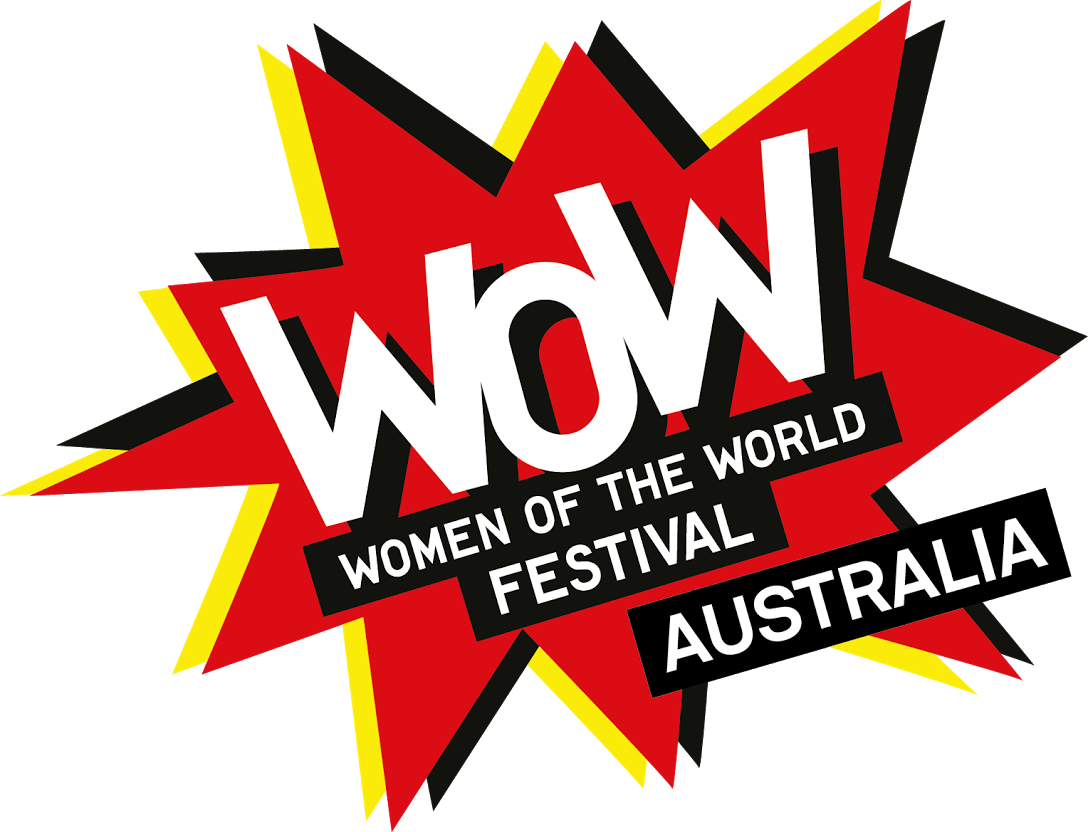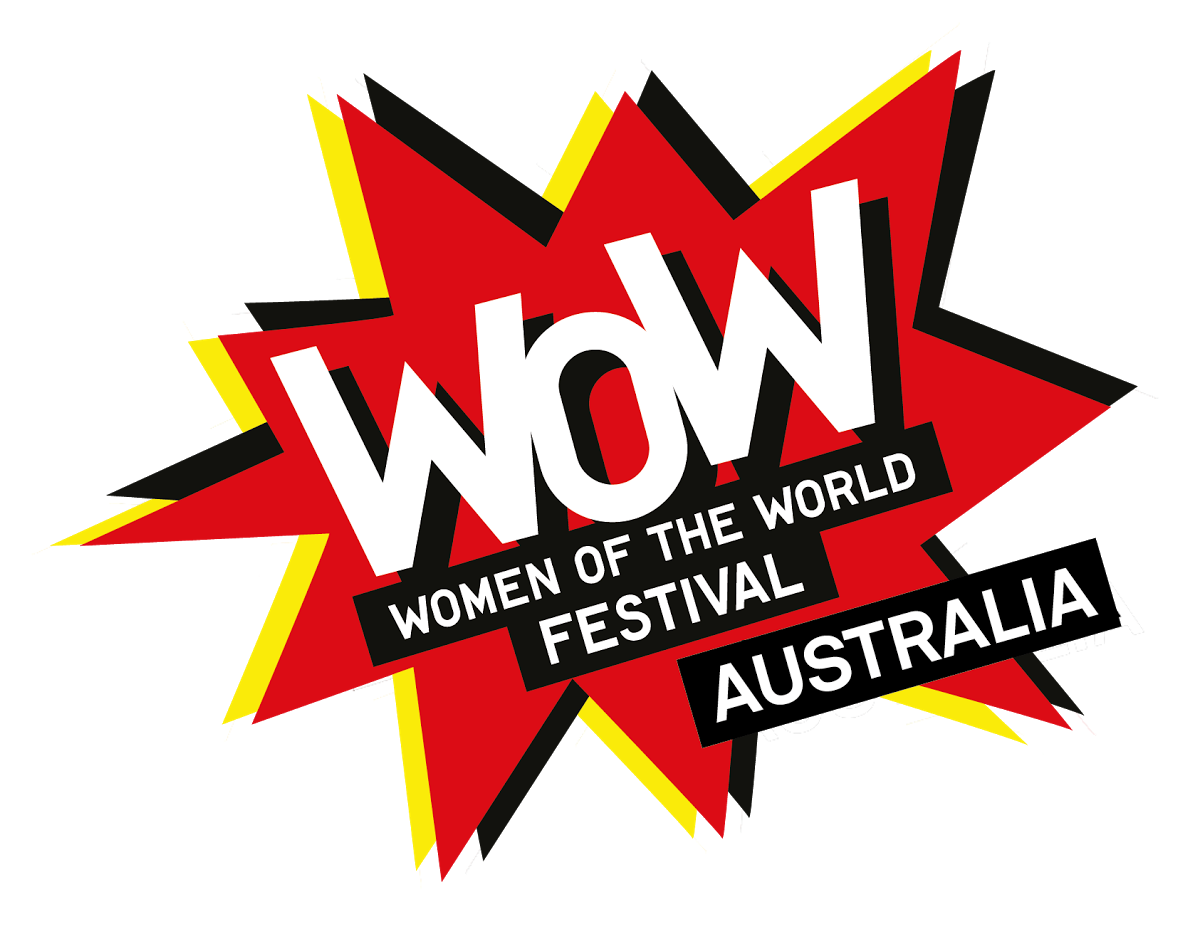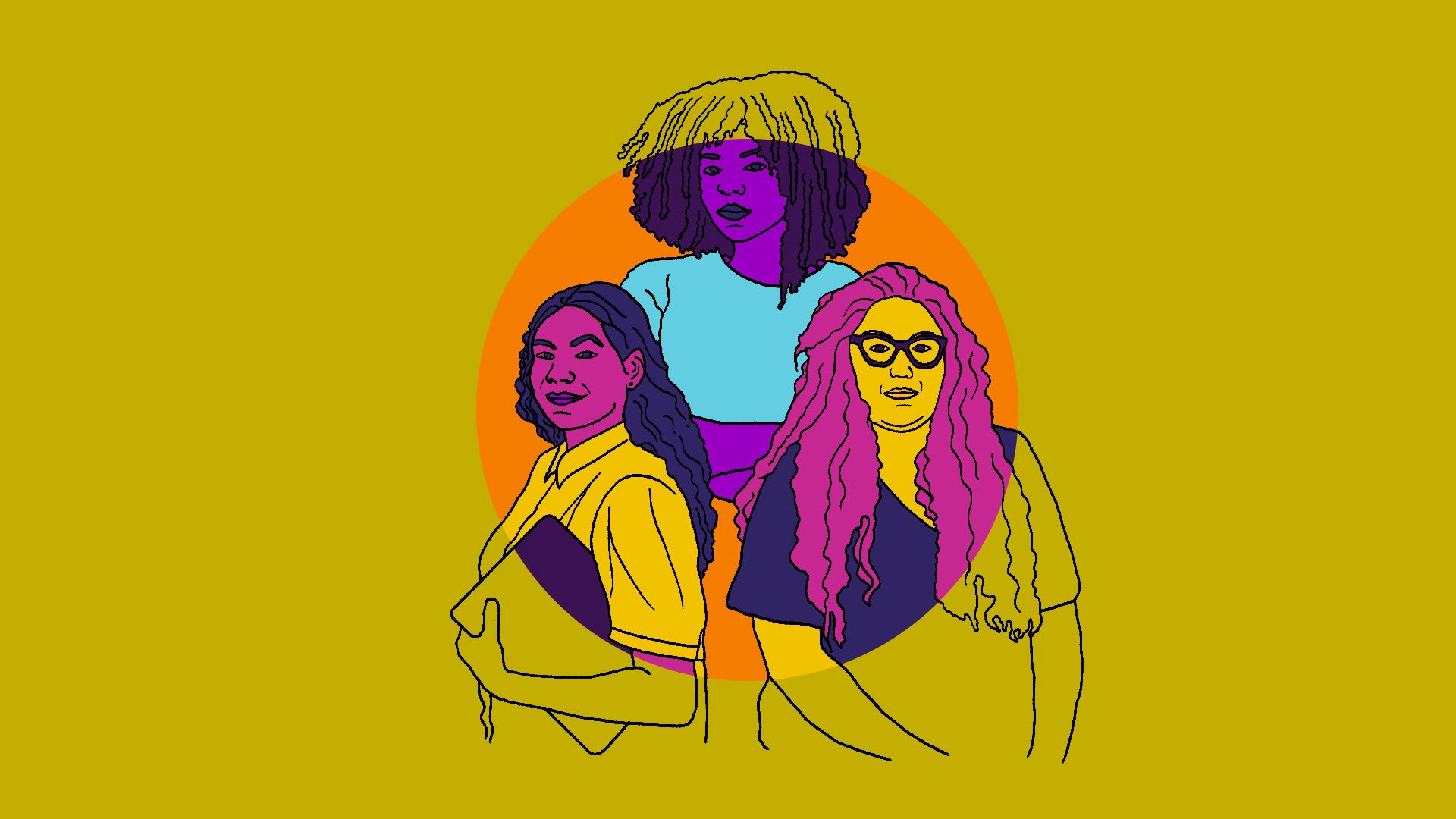The Global Institute for Women’s Leadership: connecting those who generate evidence to those who use it.
We are delighted to partner with the Global Institute for Women’s Leadership (GIWL) in presenting the conversation ‘Once Upon a Time in Australia’ between 25th Governor General the Hon. Quentin Bryce and our 27th Prime Minister the Hon. Julia Gillard. Read more about the origins of GIWL, why it is needed more than ever and its focus and priorities over the next few years.
The Global Institute for Women’s Leadership, or GIWL (pronounced ‘jewel’) was first established at King’s College London by Australia’s first and only female Prime Minister, the Honourable Julia Gillard AC in 2018. In 2020, the Australian National University became the first international base for GIWL, working in partnership with GIWL at King's College London with a focus on the Asia-Pacific region.
Why we need a Global Institute for Women’s Leadership
Everyone has the right to live free from discrimination, to be educated, to earn a fair and equal wage, and to have opportunities to lead. Today this belief is almost universally held, yet gender equality has not been achieved in any nation.
The World Economic Forum’s Global Gender Gap Report 2021 saw Australia’s standing in the Global Gender Gap Index fall from 44th to 50th in the world. Women still face a 22.8% gender pay gap and only 19.4% of Australian CEOs are women.
Women continue to face discrimination, the gender pay gap persists, and women do not have equal leadership roles in politics, business, media, the law, technology, the finance industry, and many other fields. As GIWL Chair and Founder Julia Gillard argues, “what is seen as leadership and who is able to become a leader should be determined free from any prejudice based on gender”.
Achieving gender equality is a human rights imperative, which also creates practical benefits felt by all - healthier and safer communities, economic success, and stronger democracies.
The need for change is clear. But the slow progress towards equity shows that the solutions are far from obvious. While many organisations are investing heavily in diversity and inclusion, we need to overcome the lack of connection between much of the current organisational activity, and what research shows is truly effective. To accelerate change, we need to shift from a focus on fixing individual women and turn our attention to system-wide change that enables women to engage completely and authentically in the workplace.
To find these answers, we need research; if we don’t understand the problem, how can we create solutions? Only research can fully equip us as a society to challenge accepted norms, re‑orientate views, enrich dialogue, spark debate, and support decisions that make a lasting difference and drive meaningful change.
Our Priorities
The strength of GIWL ANU is in its global and interdisciplinary nature. Solving the world’s most pressing problems cannot be done by a single type of expert working in isolation. We bring together diverse perspectives and different fields of research, and convene academics, policymakers, advocates and a wide range of organisations to understand and implement change where it matters most.
Our priorities are:
Identifying the things that facilitate systemic change in workplace gender equality and women’s representation in leadership.
Understanding the intersectional nature of workplace gender discrimination.
Developing and testing evidence-based solutions to increase women’s representation in leadership roles.
Our research agenda is driven by our determination to see effective, evidence-based solutions applied where they will create the greatest public good, ranging from the opportunity for major systemic and structural change at the policy level, down to interventions with positive impact at a grassroots level. We aspire to tackle complex problems from multiple dimensions for maximum impact.
Professor Michelle Ryan, the inaugural Director of GIWL ANU, is dedicated to helping drive better gender equality and breakdown barriers impeding women's careers across Australia and the greater Asia-Pacific region. Professor Ryan is one of the world’s leading thinkers on leadership and is a professor of social and organisational psychology. She coined the concept “glass cliff”, a term that describes how women are often put in leadership roles during times of crisis or hardship, when the chances of failure are highest. Professor Ryan leads our team of gender experts who are working towards increasing the representation of women in leadership positions.
Asia Pacific Focus
As the first international base for GIWL, we are focused on improving gender equality across the world, particularly in the Asia-Pacific region.
The Inter-Parliamentary Union found that, in October 2021, women only made up 25.8% of all parliamentarians across the globe; women in Asia and the Pacific were even further under-represented, with women making up 21% of representatives in Asia and only 18.2% in the Pacific. The World Economic Forum estimates it will take 195.4 years to reach gender parity in South Asia—the longest in any region in the world. For East Asia and the Pacific, it will take 165.1 years, three times as long as Western Europe and 30 years more than the global average in achieving gender parity.
To improve gender equality across the world, GIWL brings together scholars and organisations working on gender and politics across Asia and the Pacific to engage in inter-disciplinary dialogue about gender, political leadership, and representation. By expanding our reach into the Asia-Pacific, we are building an evidence base concentrated on longitudinal research about what works when it comes to addressing gender inequalities. We seek to shine light on and amplify existing effective practices and solutions being applied in different countries across the globe. Bridging the gap between those who generate evidence, and those who wish to use it, is key to improving the representation of women in leadership positions.
What’s Next?
Our vision is to integrate research, practice and advocacy into a powerful force for change. We aim to understand the true causes of women’s under-representation in leadership roles; to empower change-makers across society with an effective evidence base; and together, work towards a world where being a woman is not seen as an impediment to being a great leader.
Find out more about the work of GIWL at giwl.anu.edu.au
Julia Gillard was the 27th Prime Minister of Australia. She is currently the inaugural Chair of the Global Institute for Women's Leadership at Kings College London, and the Australian National Univeristy. Ms Gillard is also the co-author of "Women and Leadership" with Ngozi Okonjo-Iweala, which analyses the influence of gender on women's access to positions of leadership, the perceptions of them as leaders, the trajectory of their leadership and the circumstances in which it comes to an end. She also currently serves as the Chair of Beyond Blue, one of Australia's leading mental health awareness bodies and is Chair of the global funding body for education in developing countries, the Global Partnership for Education.
Chair and founder of GIWL, the Hon. Julia Gillard AC, joins Dame Quentin Bryce for ‘Once Upon A Time in Australia‘ on 12pm Friday 2 September. In and out of Office they have both been leaders for change and champions for women and girls. Together they now reflect on their experiences, what they learned and their priorities and hopes for the future. This is the third instalment of the Making It Matter series, in partnership with QPAC and Griffith University.










